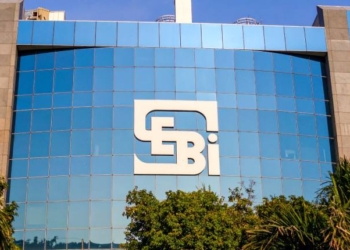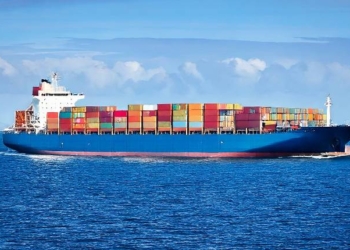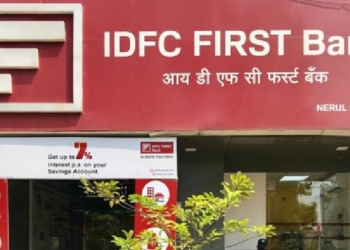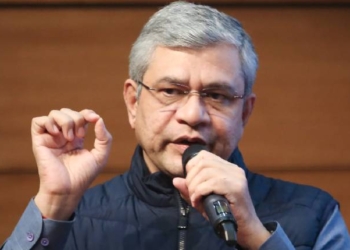New Delhi: The Delhi High Court on Wednesday allowed aircraft lessors of cash-strapped Go First airline to inspect their aircraft at least twice a month and carry out maintenance.
A bench of Justice Tara Vitasta Ganju was hearing a bunch of applications filed by the lessors in the main petitions seeking to de-register their aircraft currently on lease with Go First, to avoid any further losses.
On May 26, aircraft lessors – Pembroke Aircraft Leasing 11 Ltd, SMBC Aviation Capital Ltd, Accipiter Investments Aircraft 2 Ltd and EOS Aviation 12 (Ireland) Ltd – had moved the high court seeking deregistration of their planes by aviation regulator Directorate General of Civil Aviation (DGCA) to take them back from the airline.
During the hearing, the judge acknowledged how valuable and sophisticated equipment of the lessors’ aircrafts are, and required maintenance for their preservation.
The airline, its representatives, and the National Company Law Tribunal (NCLT)-appointed Interim Resolution Professional (IRP) were restricted by the court from removing, replacing or taking out any part or components, or records of the 30 aircraft without taking prior written approval from lessor of the particular aeroplane.
While asking the respondents in the case, DGCA and IRP, to file their responses to the petitions within three weeks’ time, Justice Ganju also asked the aviation regulator to allow the lessors, their employees and agents to access the airport, where their aircraft are currently parked, and to inspect them within three days.
The court then posted the matter for further consideration on August 3.
The low-cost airline first stopped flying on May 3 and is undergoing voluntary insolvency resolution proceedings before the NCLT.
On lessors’ petitions seeking deregistration of their aircraft, the DGCA had told the high court that it was due to a technical glitch on its portal that the applications of several aircraft lessors were shown as ‘rejected’.
It had said it was not processing such requests after a moratorium on financial obligations and transfer of assets of the crisis-hit airline post insolvency resolution proceedings.
“Why is there a distinction? There are 7-8 petitions and each one of them has a different response. Why so?” Justice Ganju had asked the aviation regulator’s counsel Anjana Gosain as to why different responses were sent to different lessors on repossession requests.
Gosain had apprised the court that when lessors send deregistration requests to the regulator, it is done in five working days and that in this case, no application has been rejected.
“There was a glitch in the portal due to which it showed that the applications have been rejected,” she had said. “They have made the applications on the portal on May 4. Unfortunately, a glitch came. When they opened on May 12, it showed them to be rejected,” she had further submitted.
Earlier, the lessors had said it is “illegitimate” of the DGCA to deny deregistration. The lessors’ contention is that Go First has no right to use their aircraft as the leases concerning them have been terminated.
The National Company Law Appellate Tribunal on May 22 upheld the insolvency proceedings against Go First in a setback to efforts of its lessors to repossess their aircraft.
Upholding the NCLT’s May 10 order, the appeals tribunal disposed of the lessors’ petition and asked them to file an appeal before the NCLT. The airline had approached the NCLT “due to the ever-increasing number of failing engines supplied by Pratt & Whitney’s International Aero Engines, which has resulted in Go First (airline brand) having to ground 25 aircraft (equivalent to approximately 50 per cent of its Airbus A320neo aircraft fleet) as of May 1, 2023”.
According to the lessors’ counsel, they had approached the civil aviation authorities to deregister their aircraft, but the request was denied. They said the DGCA had not contacted them, but after checking the status of their applications on the regulator’s website, they discovered their petitions had been turned down.
(IANS)













